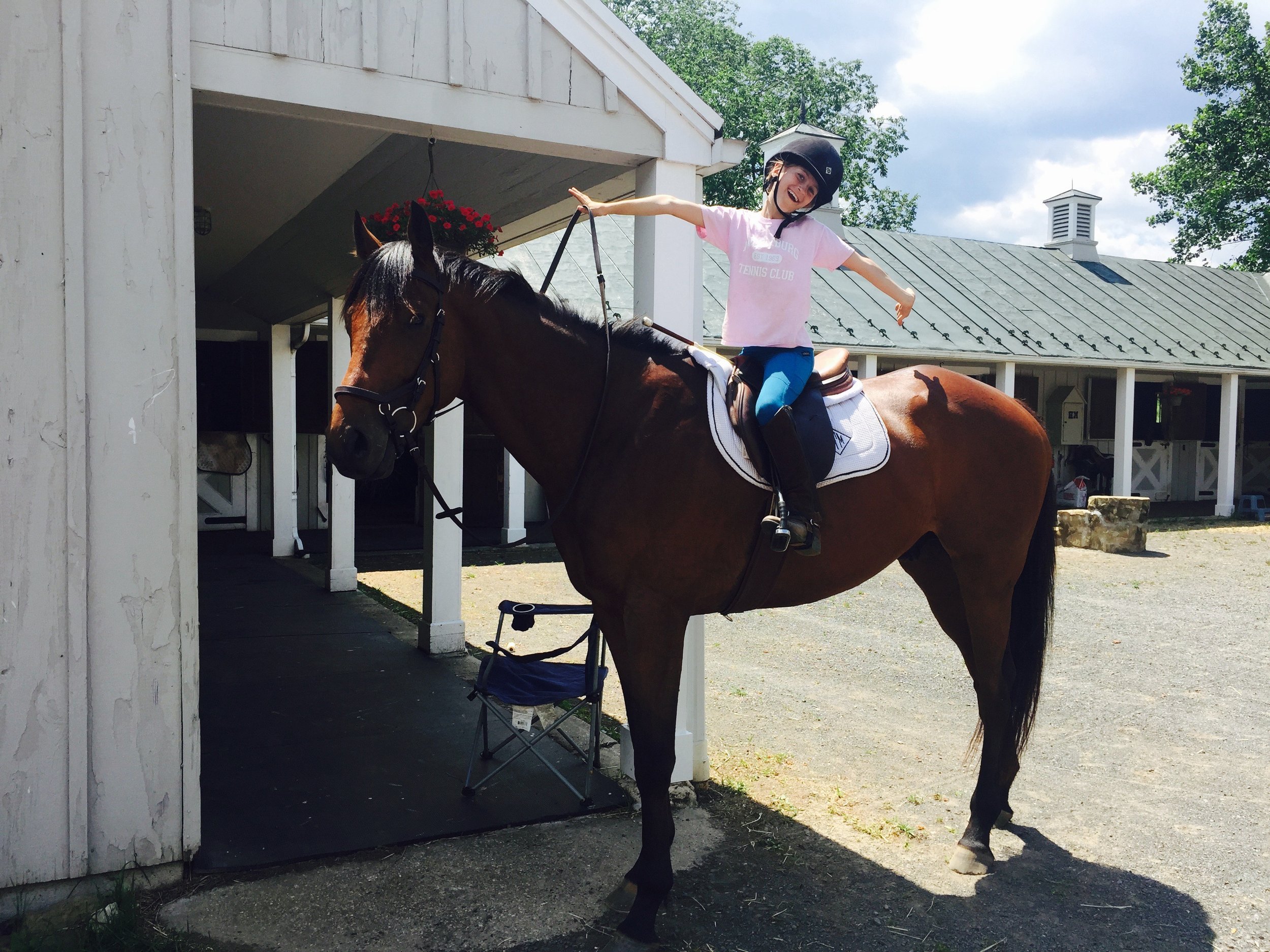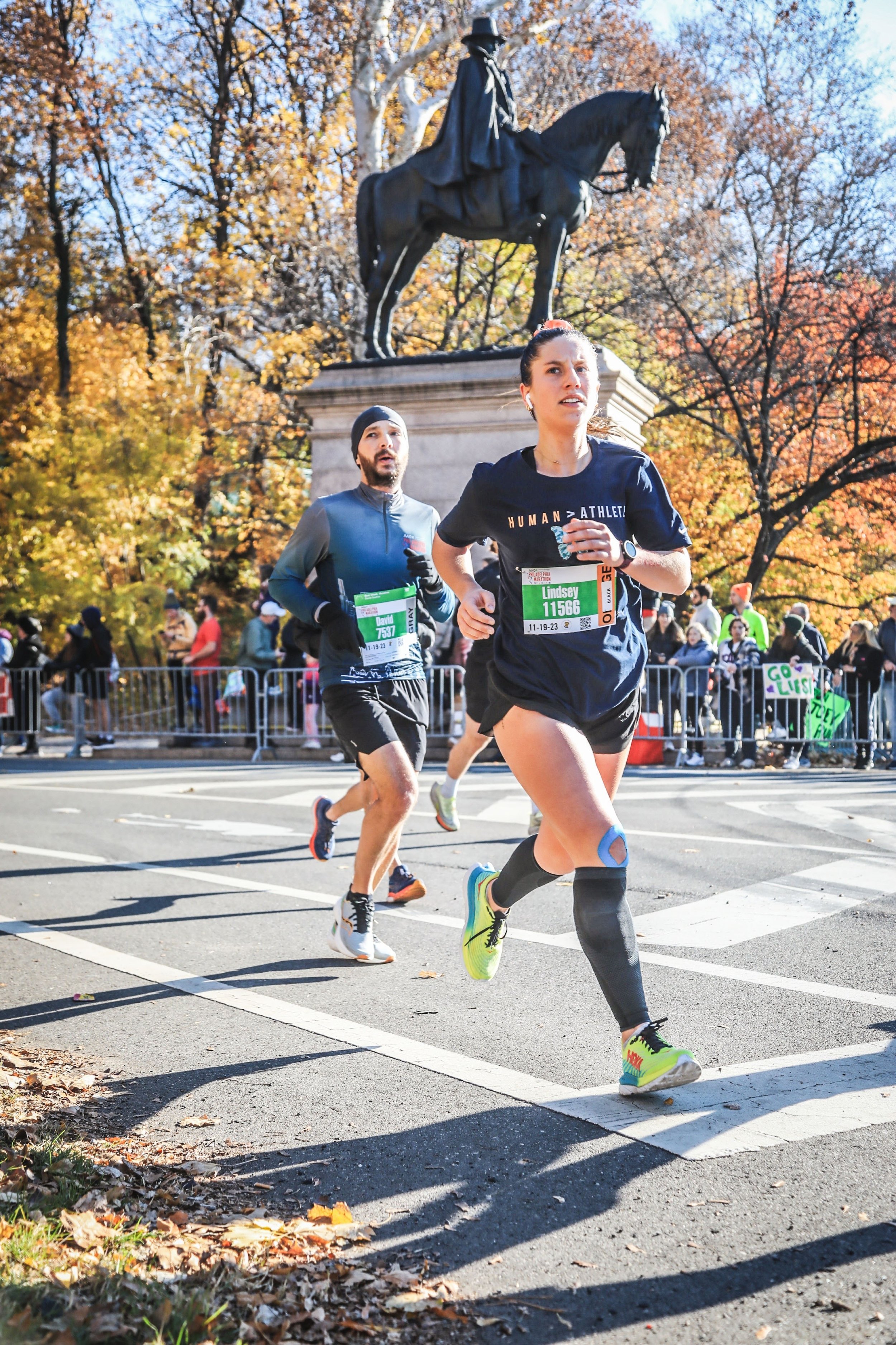THE MENTAL MATCHUP™ PODCAST: STORIES
Podcast - Home | Our Team | Podcast Episodes | Stories | Guidelines | Submissions | FAQs | Podcast Contact
Please note, these stories are written by our authors and are based on their experiences. All photos used have been sent to us with permission to use by the authors. We take every step to ensure anonymity under certain circumstances to protect institutions, teammates, coaches, etc.

This Is Me Trying
"Put your best foot forward." This statement has been told to me countless times. By my coaches, teachers, teammates, and others. But how can you put your best foot forward, when your best is being questioned? By you, by your coaches, teachers and everyone else. The short answer for me was, I can't. I can’t put my best foot forward if I know it's not the best I can do or if I know others are doubting it too. Some people might view this as failure, or giving up. I see it as me knowing my limits, knowing myself, and knowing what is best for MY mental health.

For Ava
As a student-athlete and teenager, I have experienced mental health challenges. I never took my mental health seriously until last year. In my junior year of high school, I started ok. That summer I reconnected with a therapist and was put on antidepressants. I was enjoying school, sports, my friends, my family; everything was perfect. In late December, I had a relationship end that was abrupt and heartbreaking for me. During that period of time, I felt no support from family or friends, just criticism. On top of this, I was carrying a rigorous course load, trying to get recruited for soccer, and dealing with the underlying depression and anxiety.

Navigating Through the Waters of Anxiety: From Embarrassed to Empowered
Many times during my journey in mental health I have felt very alone however I have met so many other athletes who have had similar experiences. The biggest thing I have learned through what I went through is two things: your pain is your power and the recovery may be long but you will get there so don't lose hope even in the darkest of times. Reach out, seek help, and remember you are not alone.

Light at the End of Darkness
I want to share my story to not only my community, but to anyone who is willing to listen. I can’t keep my story to myself, and if my experiences can support just one person then I will be happy. My story is not one of suffering or sadness, but rather of resilience. I flipped the script of my life, and chose to not let my pain define me.


Dear Anxiety, Thank You.
This is my story and it might not be perfect or finished yet, but for those who are going through the same thing I have experienced, just not that your feelings are 100% valid, you matter, and you are loved, and just know that it’s okay to not be okay, and most importantly at the end of the day, you are human and that should come before any sport.

Progress Isn’t Linear
I remember feeling the first initial pain in group lift and thinking I had just been sore from previous lift and fall ball practice at the beginning of the week. I tried to keep going on as normal but I knew something was up when I could barely goblet squat a 15lb dumbbell and pain shot down my legs and lower back. One of my teammates just told me to take it easy for the rest of the lift and reevaluate at practice later that night. The whole day I couldn’t get comfortable sitting, standing, or even lying down; the pain would just radiate constantly. But I just decided to take some Advil, ice up, and stretch just so I could make it through the 30 minutes of fall ball practice we had since I had to leave early for a class. That night at practice, the pain just kept getting worse.

Show What’s Under Your Mask
There is a stigma with student-athletes and mental health. Many athletes don’t get help when there is a problem. There is a fear of being considered “weak” or the belief that coaches might think something of it or even teammates. There is also pressure of not only being physically strong, but being “mentally strong” that sets high expectations on athletes and prevents them from getting the help they need. The amount of student-athletes who die by suicide and the ¼ of students experienceing depression needs to change. This is why I wanted to share my story.


